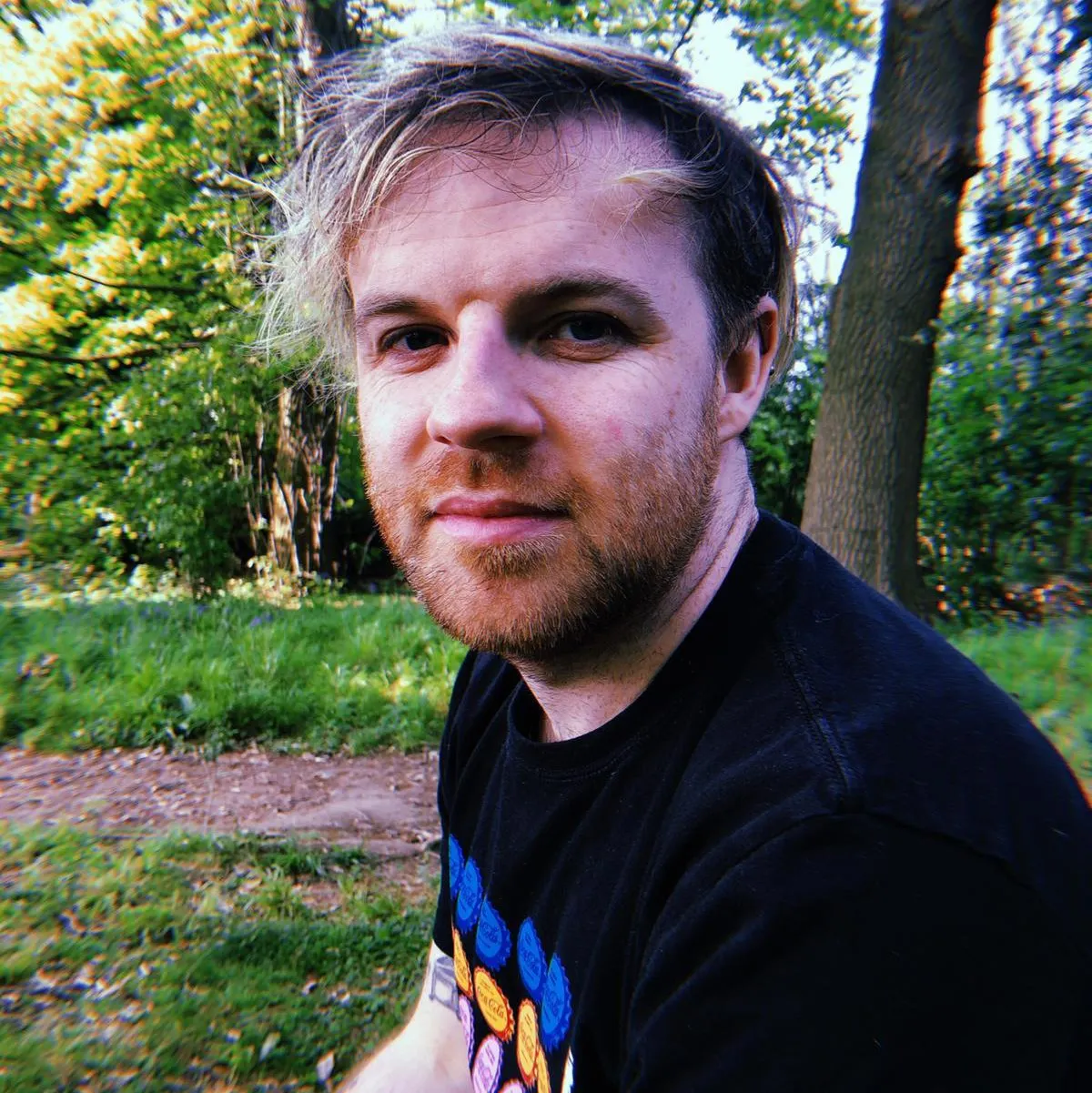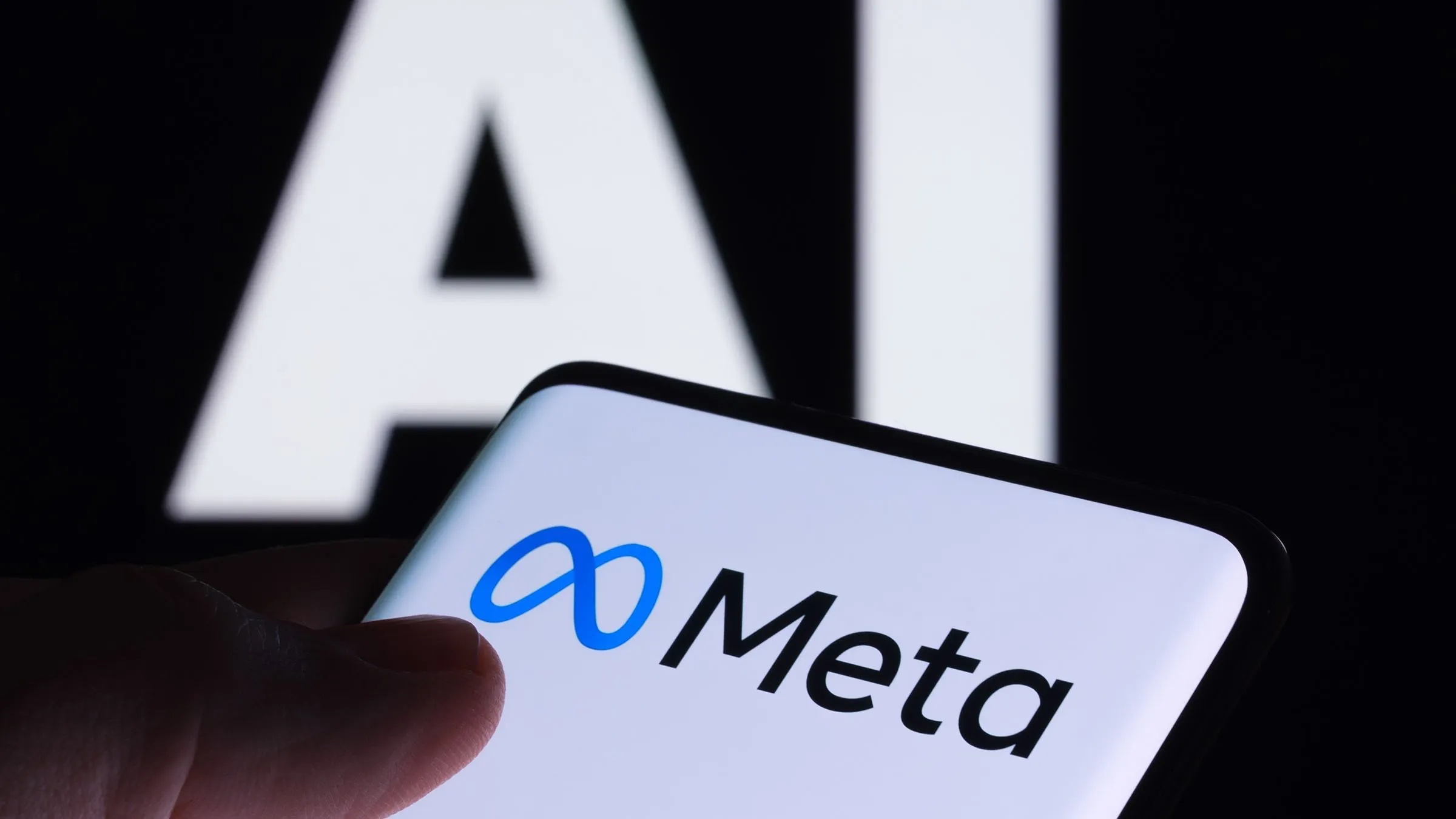Meta has unveiled MusicGen, a new music-generating tool that can turn text prompts into audio recordings using AI.
MusicGen was trained using 20,000 hours of music, according to the tech giant, including 10,000 hours of “high-quality” licensed songs and 390,000 instrumental tracks.
According to Meta, all the music MusicGen was trained on was “covered by legal agreements with the right holders.” But those sources are are not music industry giants like Universal Music Group or artists like Taylor Swift. The training set comes from media libraries like ShutterStock and Pond5.
Meta acknowledged “the potential lack of diversity in the dataset we used, which contains a larger proportion of western-style music.”
Using prompts such as “pop dance track with catchy melodies, tropical percussion, and upbeat rhythms, perfect for the beach,” or “acoustic folk song to play during roadtrips, guitar flute choirs,” MusicGen is able to create short clips of music. It can also be “steered” by using references to specific eras or songs.
Meta has also confirmed longer tracks can be created via MusicGen, so creators would be able to use the initial music track as a reference point. MusicGen was released via Github over the weekend, and a demo is available to try via Hugging Face.
Researchers have also published a paper outlining how they trained MusicGen and the “ethical challenges” that “large scale generative models” create.
“Generative models can represent an unfair competition for artists, which is an open problem,” said Meta’s researchers. “Open research can ensure that all actors have equal access to these models.
“Through the development of more advanced controls, such as the melody conditioning we introduced, we hope that such models can become useful both to music amateurs and professionals,” the company continued.
The use of generative AI in music has already made headlines and sparked debate, from Grimes advocating "killing copyright," to popular artists like Oasis and The Weeknd facing AI-generated facsimiles that raise questions about music licensing and content ownership. Musician Paul McCartney is using AI to craft a never-before-released Beatles song.
Last month, Google’s “experimental AI” tool MusicLM was made available to the public after being unveiled in January. The tool is able to generate music from text prompts or even just humming, with users then presented with two different versions of the requested song. The idea is that users will be able to vote on which one they prefer, which will help “improve” the AI model.
According to Google, MusicLM was trained on five million audio clips, amounting to 280,000 hours of music.
“We believe responsible innovation doesn’t happen in isolation,” Google said in a blog post before confirming they’d been “working with musicians and hosting workshops to see how this technology can empower the creative process."

